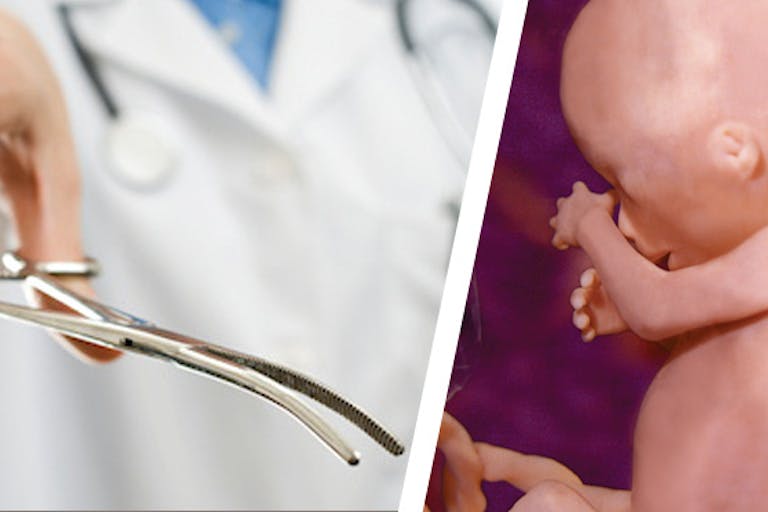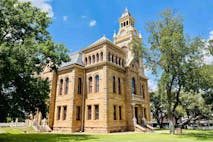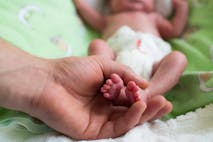
Annual report shows increase in Canada's assisted deaths
Nancy Flanders
·
University of Washington expanding abortion training program to include non-physicians
The University of Washington in Seattle mandated last March that all medical students learn to commit abortions, and any applications from prospective students who refused to partake were rejected. Less than a year after that decision, the university is now expanding its abortion training program, according to the Seattle Times.
The expansion is an apparent response to the U.S. Supreme Court’s June ruling in Dobbs v. Jackson Women’s Health Organization to overturn Roe v. Wade, and aims to increase the number of advanced practice clinicians in the United States who are permitted to commit abortions. This is part of a broader movement by pro-abortion activists to allow non-physicians to carry out abortions.
UW ACTIONS (Abortion Care Training Incubator for Outstanding Nurse Scholars) is a newly launched program that offers online courses on how to open an abortion business, abortion history, and politics, as well as in-person training at abortion facilities. Until recently, most states limited the practice of abortions to licensed physicians. However, with the reversal of Roe, pro-abortion activists are calling for expanded access to abortion training for a broader range of clinicians beyond doctors.
According to Monica McLemore, a longtime midwife and interim director of UW’s Center for Anti-Racism in Nursing, Washington state expects to experience a surge of out-of-state women seeking abortions. Some neighboring states, including Idaho, have passed laws protecting all preborn children from abortion with few exceptions. Washington is expecting to see a nearly 400% increase in abortion patients, according to the pro-abortion Guttmacher Institute.
The university is anticipated to grant its ultimate approval of the program later this month, which has already secured $300,000 in donations.
Article continues below
Dear Reader,
Have you ever wanted to share the miracle of human development with little ones? Live Action is proud to present the "Baby Olivia" board book, which presents the content of Live Action's "Baby Olivia" fetal development video in a fun, new format. It's perfect for helping little minds understand the complex and beautiful process of human development in the womb.
Receive our brand new Baby Olivia board book when you give a one-time gift of $30 or more (or begin a new monthly gift of $15 or more).
UW has gained notoriety for its staunch pro-abortion stance. In 2018, UW faced controversy when university researchers were exposed for trying to keep their identities a secret after using public funds to purchase the body parts of aborted babies for research purposes.
There are many risks associated with abortion, including infection, hemorrhaging, damage to the cervix and uterus, scar tissue formation, harm to the uterine lining, and even death. According to a 2013 study from the Ryan Residency abortion training program at the University of California San Francisco, abortions committed by non-physicians are more likely to end in complications than those committed by physicians — meaning this push from the abortion industry to allow non-physicians to commit abortions puts women’s health and lives at risk.
Additionally, in a 2016 article in Bella Online, abortionist Dr. Toub revealed the dangers. He said, “I used to tell residents that anyone can teach a monkey how to operate; the real skill in surgery involves clinical judgment. The same is true of surgical abortion—it is feasible for nonclinicians to do it, but without question the risks are greater in terms of infection, incomplete abortion and uterine perforation, and even more importantly, it’s not clear to me how effectively those complications would be recognized and managed.”
Live Action News is pro-life news and commentary from a pro-life perspective.
Contact editor@liveaction.org for questions, corrections, or if you are seeking permission to reprint any Live Action News content.
Guest Articles: To submit a guest article to Live Action News, email editor@liveaction.org with an attached Word document of 800-1000 words. Please also attach any photos relevant to your submission if applicable. If your submission is accepted for publication, you will be notified within three weeks. Guest articles are not compensated (see our Open License Agreement). Thank you for your interest in Live Action News!

Nancy Flanders
·
Issues
Nancy Flanders
·
Politics
Bridget Sielicki
·
Issues
Sheena Rodriguez
·
Guest Column
Right to Life UK
·
Issues
Bridget Sielicki
·
Human Rights
Amanda Vicinanzo
·
Human Interest
Amanda Vicinanzo
·
International
Amanda Vicinanzo
·
Issues
Amanda Vicinanzo
·
Newsbreak
Amanda Vicinanzo
·